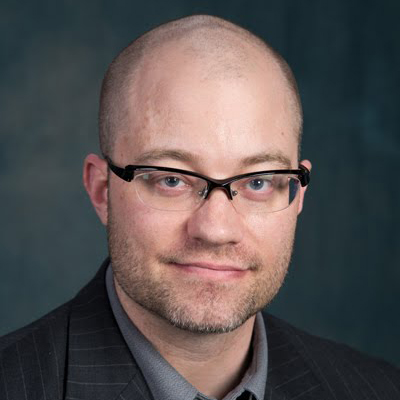| By Shane Courtland |
Please note: The following essay is autobiographical. I thought it might be helpful to share my experience. As with all personal events, those who have experienced this on the other side have very different feelings about the situation.
The way I have always viewed philosophy, regarding its practice and how it should be taught, is as a method of thinking. As philosophers, we are tasked to apply rigorous critical thinking to complicated abstract concepts and dilemmas. There are no domain restrictions; there can literally be a philosophy-of-anything. Thus, we find ourselves entangled with debates in politics, religion, ethics, physics, mathematics, ad infinitum.
While it is true that a goal of the philosophical method is to seek the truth, I wouldn’t say that it is completely preoccupied with holding true beliefs. Let me explain. After years of obsessing over this method, it has rendered most (if not all) of my beliefs tentative. I realize that one discussion, essay, or argument may compel me to abandon a cherished belief.

Philosophy, in a sense, is like drinking Drano. Sure it cleans out the ill-justified beliefs, but it can leave you somewhat empty. The subjective convictions of your beliefs post-philosophy are never as strong as the subjective convictions pre-philosophy. Many of my non-philosophical friends and relatives are critical of my post philosophical-self. When I have discussions with them, at some point, I inevitably receive this rebuff: “Whatever, Shane… but… you don’t really believe anything.”

My teaching reflects this faith. I tell my students that I don’t care what views they argue for in their papers or in class discussion. My job is to assess their application of the method. If they are competently using the method to argue for crazy or morally repugnant views, they will get a good grade – PERIOD.

I, of course, expect to see such behavior from the non-philosophical community. After all, it is human nature to engage in tribalism, to have a low tolerance for uncertainty, to engage in motivated reasoning, and to relish life in the bubble.
But, what has shocked me … to the core, is that I have found this behavior taken up by other philosophers. My shock has been due to my own naïveté. I should have known that philosophers are human. I too suffer from human nature.

Seeking to preserve an orthodoxy regarding cherished views, purposely avoiding or preventing intellectual diversity, or shouting down free discussion, even in service to safe spaces, is an assault upon the method. With great sadness, I have experienced these actions from other philosophers. Because of my worship of the method, I have lost jobs, opportunities, and friendships – all at the hands of other philosophers. Moreover, I know that this has happened to others.
Keeping with the religious metaphor: I worry that many members of the philosophical community have lost sight of the true faith – respect for the method.
Of course, this metaphor is an exaggeration and is perhaps self-righteous. But it does capture something important. What I have always considered central to philosophy is the method. As I have sought to embody the method, I have received push-back and outright hostility from those who had led me to it –other philosophers.

Dr. Shane Courtland is Program Director of the Center for Free Enterprise at West Virginia University and is SOPHIA’s Communications Officer. He is representing only his own point of view in this essay. For more information about Dr. Courtland, visit his profile page in SOPHIA’s Directory.



But Dr. Shane Courtland, you have not clarified, what is that philosophical ‘method’ you have in mind?
Abraham, thanks for the question! When I was writing this … I had a very broad characterization of the “method” in mind — “The rigorous application of critical thinking to all ideas, regardless of subject matter”